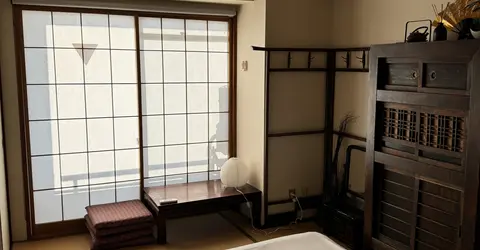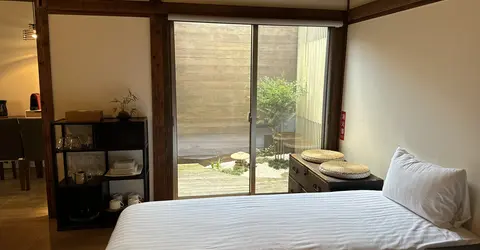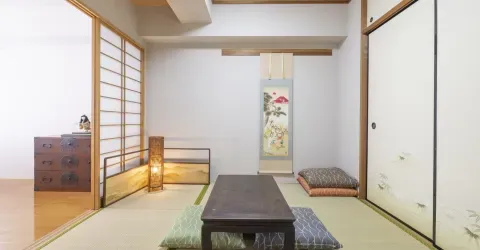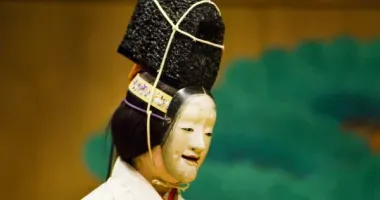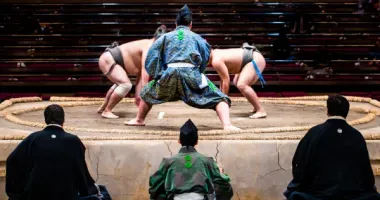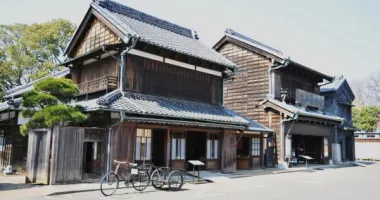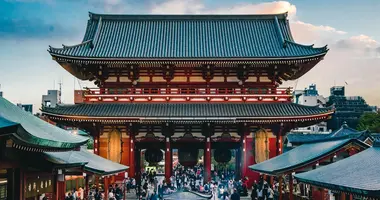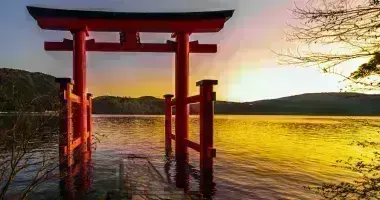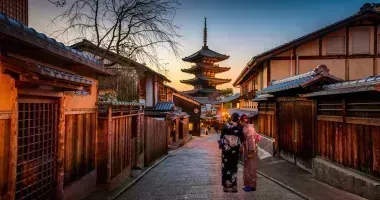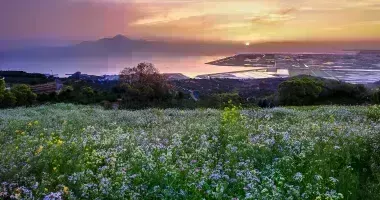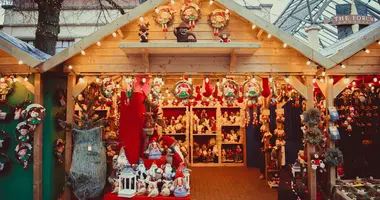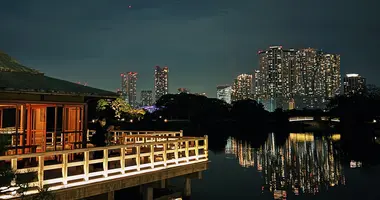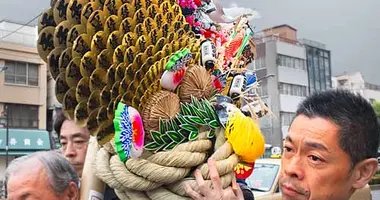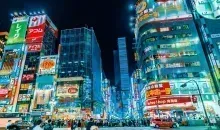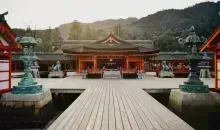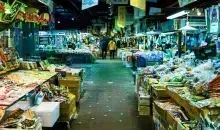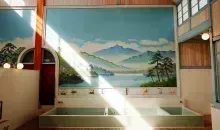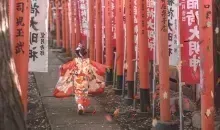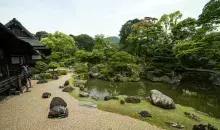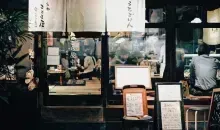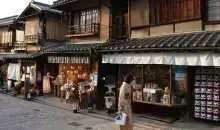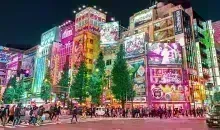Asakusabashi Suga Shrine Festival
Asakusabashi Suga Shrine Festival
Asakusabashi Suga Shrine Festival 浅草橋須賀神社 例大祭
Suga Shrine is an ancient shrine in Asakusabashi, Taito ward, Tokyo, and is said to have been founded in 600 A.D.. Suga Shrine is a Gion shrine meaning it is dedicated to the god Gozu Tenno: a blend of the Indian god Gavagriva and the Japanese god of thunder, Susano-o.
Parade at the Reitaisai Festival, Suga Shrine, Asakusabashi, Tokyo.
Old as it is, Suga Shrine's heyday was as late as the Edo period, when the Asakusabashi, Yanagibashi and Kuramae area became a warehouse district, and Suga Shrine became the merchants' shrine. Destroyed in the Second World War, Suga Shrine was rebuilt in concrete in 1961.
The o-mikoshi portable shrine of Suga Shrine being borne down Edo-dori Avenue, Asakusabashi, Tokyo.
The Suga Shrine Reitaisai festival happened on Saturday and Sunday, May 28 and 29, coinciding with the Monomachi event where craft-related stores and workshops: papermakers, leatherworkers, furniture makers, flower shops, and a range of other such businesses throughout Taito ward stage a special weekend of hands-on experiences and specials for shoppers and passersby curious about what they do.
Two costumed Reitaisai participants, Suga Jinja Matsuri.
The Suga Shrine festival is one of the few times that, commercial, business-as-usual Asakusabashi really lives it up. On Saturday, the small shrine buzzed with families - more children, it seemed, than parents, mobbing the candy floss, tako-yaki and other stalls set up in the grounds, and entertained by singers, dancers, bingo games and the like on the permanent stage adjacent to the shrine.
Ebullient procession at the Suga Shrine festival, May 2016..
On Sunday, the main street of Asakusabashi, Edo-dori Avenue, rang with the boisterous shouts of paraders bearing the golden o-mikoshi portable shrine under a bright blue sky, led by Shinto priests and a float of (bamboo flute) flutists.
A flamboyant hat at the Suga Shrine festival, Asakusabashi, Tokyo.
The Asakusabashi community came together in song and dance, enjoying the balmy weather between spring and summer, and praying for prosperity in an area of small businesses that, these days, need it.
Suga Shrine festivities the night before.





